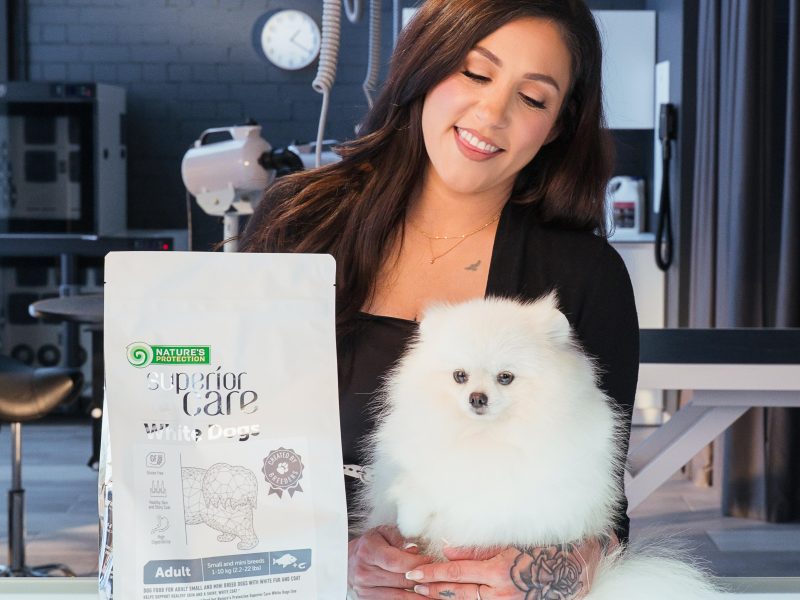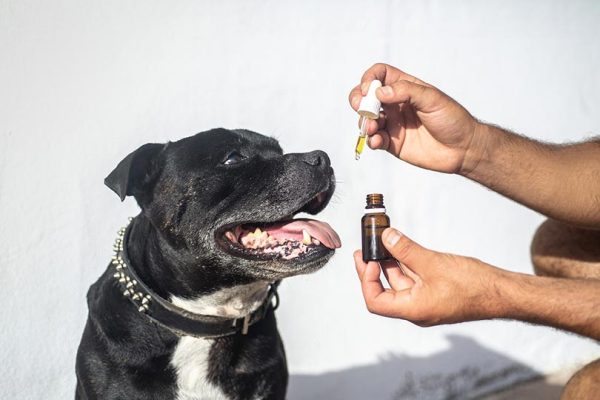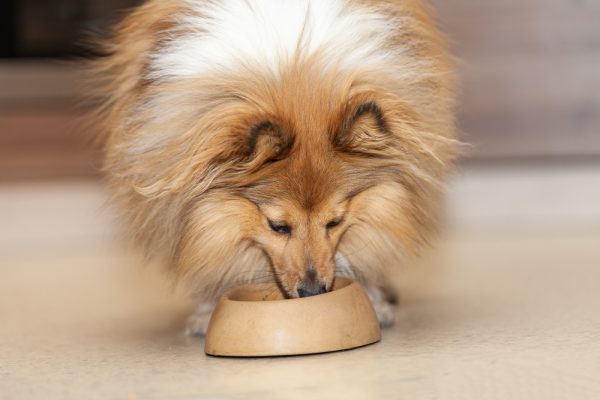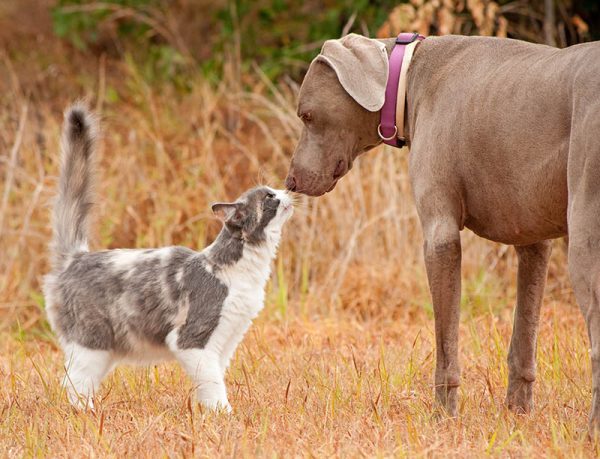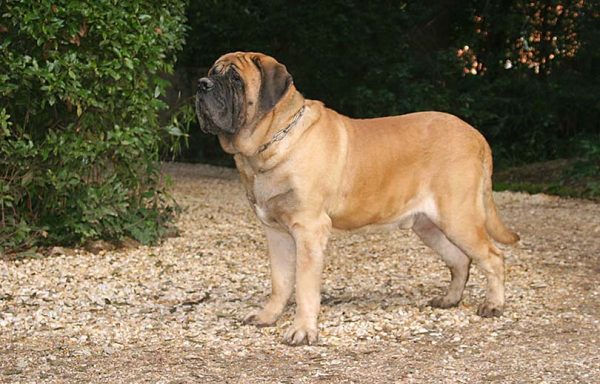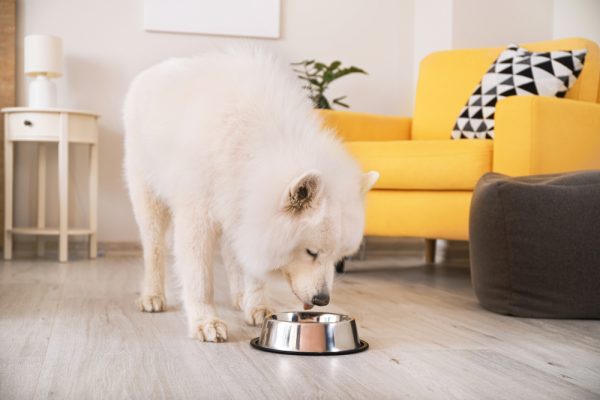In this article
View 3 More +Do you have a beloved Poodle, or are you considering getting one and are wondering just how long you’ll have together? That’s a tricky question to answer because there are so many factors that determine how long any creature’s life lasts, but on average, Poodles live for 12 to 15 years.
Let’s take a look at the different types of Poodles, how long they live, and what you can do to make sure your Poodle lives a long and happy life.
What’s the Average Poodle Lifespan?
How long do Poodles live? The answer to this question depends on a number of different factors, including the specific breed of Poodle, the dog’s overall health and genetics, and their environment. However, on average, Poodles tend to live between 12 and 15 years. There are also certain breeds of Poodles that have been known to live even longer, with some individual dogs reaching up to 18 years of age or more.

Max Poodle Lifespan
As mentioned, some individual Poodles have been known to live much longer than the average lifespan for their breed. The oldest recorded Poodle was a Toy Poodle named “Chi,” which lived to be somewhere between 24 and 26 years old1. This is an exceptional case, however, and most Poodles will not live to be quite so old.
Poodle Lifespan by Breed
| Standard Poodle | 12–15 years |
| Toy Poodle | 14–18 years |
| Miniature Poodle | 15–18 years |
Why Do Some Poodles Live Longer Than Others?
There are several different factors that can affect how long a Poodle lives. Let’s take a look at the most common ones.
1. Nutrition
One of the most important factors is nutrition. A Poodle’s diet plays a big role in determining their lifespan. Poodles that are well-nourished and receive a balanced diet rich in antioxidants, vitamins, minerals, and other nutrients tend to live longer than those that don’t. It’s also important to make sure you feed your Poodle the proper portions to prevent them from being over- or underweight, both of which can shorten your Poodle’s lifespan.
2. Exercise
Another important factor is exercise. Poodles that get plenty of exercise tend to be healthier and live longer than those that don’t get enough physical activity. Regular exercise helps keep the heart and lungs healthy and the muscles and joints strong, and it can even help improve cognitive function.

3. Environment
The environment in which a Poodle lives can also affect their lifespan. Dogs that live in clean, safe environments with plenty of fresh air and sunshine tend to live longer than those that don’t. Additionally, Poodles that live in homes where they receive plenty of love and attention tend to have longer lifespans than those that are neglected or abused.
4. Health Conditions
Certain health conditions can also shorten a Poodle’s lifespan. Poodles that are prone to certain genetic disorders or diseases tend to have shorter lifespans than those that are not. Additionally, Poodles that receive regular preventive veterinary care and timely treatment for any health conditions tend to live longer than those that don’t.
If you are concerned about the health and well-being of your pet, we recommend getting in touch with a vet for guidance.
If you need to speak with a vet but can't get to one, head over to PangoVet. It's our online service where you can talk to a vet online and get the advice you need for your dog — all at an affordable price!
5. Breed
Did you know that the specific breed of Poodle can also affect their lifespan? Some breeds of Poodles, such as Standard Poodles and Toy Poodles, tend to live longer than unofficial varieties, such as “Teacup” Poodles.

6. Size
Another factor that can affect a Poodle’s lifespan is their size. Generally, small dogs tend to live longer than large ones. For example, the Standard Poodle, which is the largest type of Poodle, has an average lifespan of 12–15 years. The Toy Poodle, which is the smallest type of Poodle, has an average lifespan of 15–17 years.
7. Sex
Do you think males live longer or females? Sex is a factor that can affect a Poodle’s lifespan. Generally speaking, female Poodles tend to live longer than male Poodles. This is due to a number of different factors, including biology and genetics. Female Poodles that have given birth tend to live even longer—unless they were overbred in puppy mills and unethical breeding facilities.
8. Breeding History
The level of inbreeding can affect a Poodle’s longevity. It can result in the expression of recessive genes linked to health problems. Inbred Poodle lines may also accumulate sub-lethal genetic variations that may reduce their overall fitness.
The least inbred Poodles can survive an average of 4 years longer than those coming from highly inbred family lines2.

9. Husbandry and Access to Healthcare
Other factors that can affect a Poodle’s lifespan are their husbandry and healthcare. Poodles that receive regular basic hygiene, such as baths, nail clips, and tooth brushing, are less likely to develop certain problems. Those that have access to preventive veterinary care are less likely to get sick. Sick Poodles that receive proper and prompt medical attention and treatment tend to live longer than those that don’t.
Essentially, make sure that your pup stays healthy and that your vet can identify any potential health concerns and treat them before they become complex problems.
10. Love and Happiness
Mental and emotional health are just as important as physical health when determining an animal’s longevity. Poodles will live longer in happy homes where they’re safe, loved, and cared for. Dogs are social creatures, and it’s not enough to meet their needs for food and shelter. They also need attention and in a way, companionship. Without it, they can become sick and depressed.
The 6 Life Stages of a Poodle
- Newborn
- Puppy
- Juvenile
- Young Adult
- Mature Adult
- Senior
1. Newborn
The newborn stage lasts from birth to 2 weeks of age. At this point, the Poodle is completely dependent on their mother not only for food but also to facilitate their basic physiological needs, such as urination, defecation, and thermoregulation. Like other mammals, a newborn Poodle cannot survive without the care of their mother or caretaker.
2. Puppy
The puppy stage lasts from 2 weeks to 6 months of age. During this time, the Poodle will begin to develop their own personality and learn basic obedience commands. Puppies will also begin to explore their surroundings and socialize with other dogs and people.

3. Juvenile
The juvenile stage lasts from 6 months to 10–18 months of age, depending on what kind of Poodle you have. During this time, the Poodle will continue to grow and develop physically and mentally. At this point, your Poodle should be fully vaccinated and ready to start participating in obedience training classes.
4. Young Adult
The young adult stage lasts from 1 year to 3 years of age, depending on what kind of Poodle you have. The Standard Poodle is considered a young adult at 24 months, or 2 years old, while the Toy Poodle is considered a young adult at 12 months, or 1 year of age. During this time, the Poodle will reach their full physical growth and maturity. Mentally, the Poodle will continue to learn and develop, becoming more obedient and well-behaved.

5. Mature Adult
The mature adult stage lasts from 3 to 7 years of age. During this time, the Poodle will remain active and playful but also become more calm and sedate. At this point, they will have fully developed their personality and be a well-rounded individual.
6. Senior
The senior stage lasts from 7 years of age and up for the Standard Poodle and from 8 and 9 years and up for the Miniature and Toy Poodle, respectively. During this time, the Poodle will begin to slow down physically and may require more frequent vet check-ups. Mentally, they will remain sharp and intelligent but may need some help with things like obedience training and socialization.


How to Tell Your Poodle’s Age
One way to determine your Poodle’s age is by their size. Standard Poodles will be full grown at about 2 years old, whereas Toy Poodles can reach their full adult size at 12 months.
Another way to tell your Poodle’s age is by their teeth. Poodles have two sets of teeth in their lifetime, just like humans. The first set of teeth called the deciduous teeth, or baby teeth, will fall out at around 3 to 6 months of age. The second set of teeth, called the permanent teeth, will come in at around 6 months of age. After the permanent teeth have come in, you can use the number of teeth present to help estimate your Poodle’s age.
Finally, you can also use your Poodle’s coat as an indicator of age. The puppy coat is soft and fluffy and will shed regularly. The adult coat is denser and will not shed as much. The senior coat may be thinner and softer and may also start to gray in color.
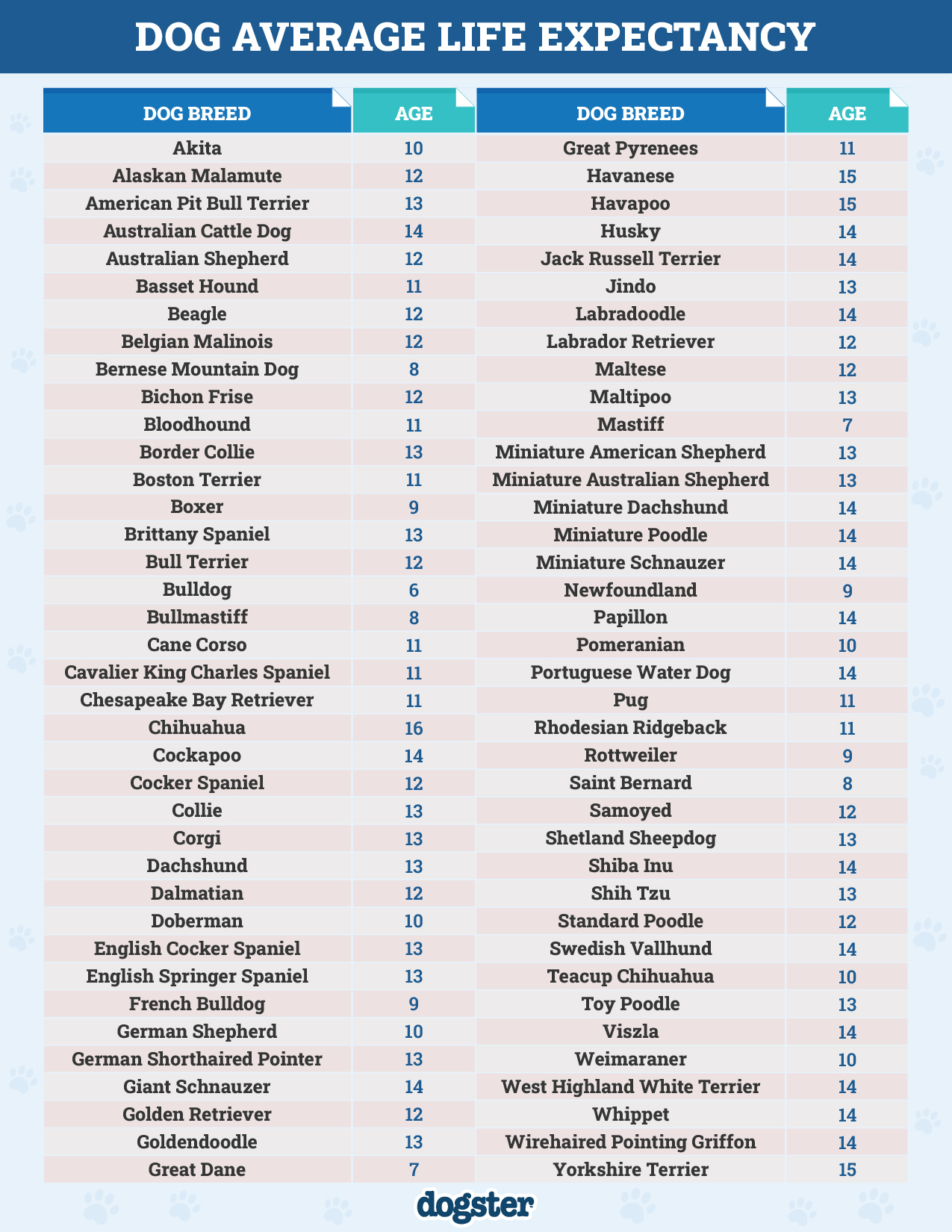

Conclusion
The average Poodle lifespan is 12–15 years. However, Toy and Miniature Poodles have a slightly higher life expectancy, living an average of 14–18 years. Standard Poodles tend to have the shortest lifespan of the three types, with an average lifespan of 12–15 years.
The Poodle is one of the most popular dog breeds in the world and is known for their intelligence, loyalty, and playful nature. In general, a Poodle will be your best friend for 12–15 years with proper care or longer if you’re lucky enough.
Related Reads:
Featured Image Credit: Valeriya Chistyakova, Shutterstock




